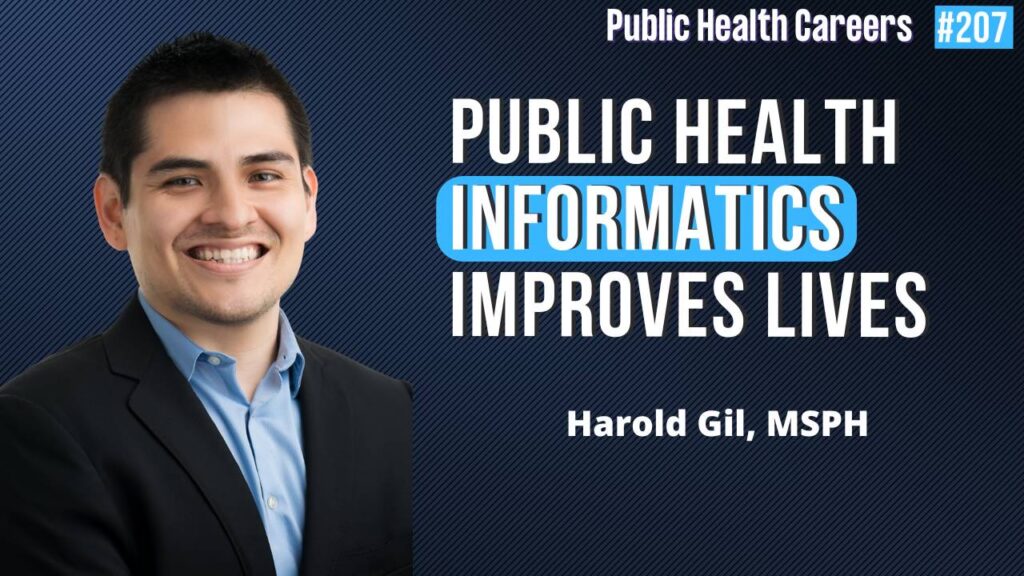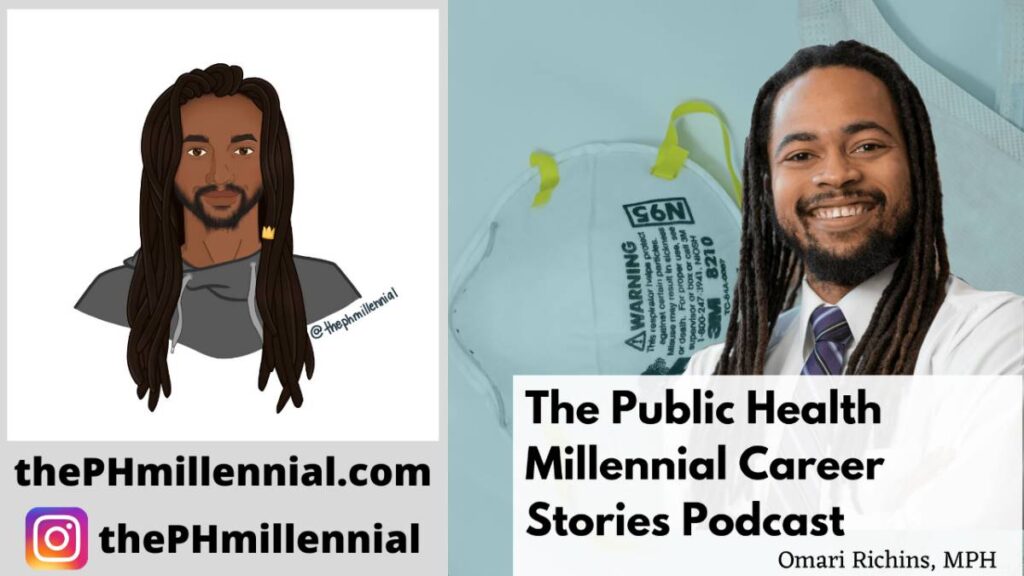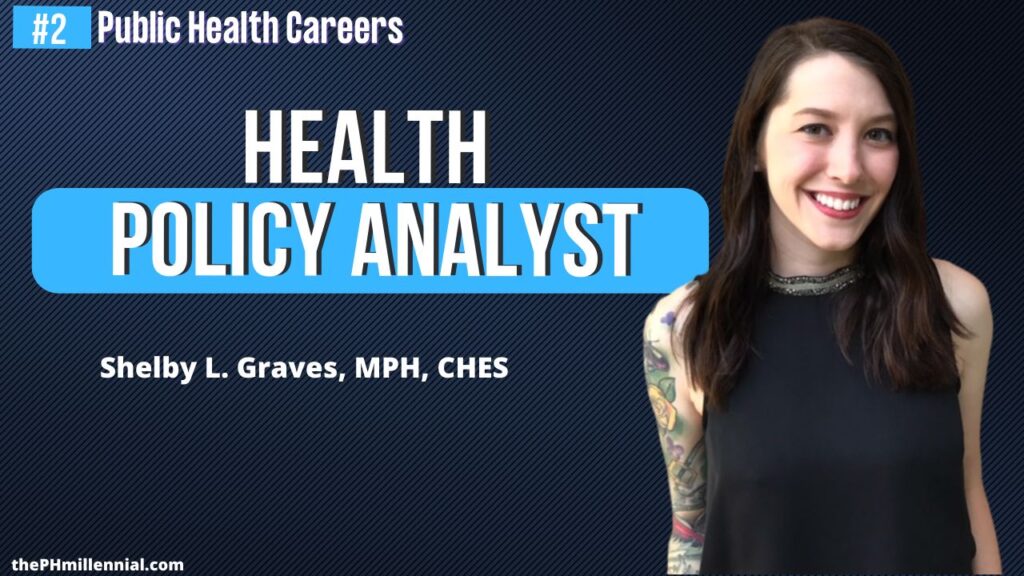Interview with Harold Gil, MSPH
Listen Here:
Highlights from this episode:
- Public health informatics focuses on identifying who is sick, what they are sick with, and where they are, in order to provide the right help and prevent further illness.
- The lack of strong data analysis and technology skills is a major challenge in public health informatics and in the public health workforce.
- Data skills are valuable in any career and can give you competitive edge.
- Cross-sector public-private partnerships are beneficial for addressing public health informatics challenges.
- Building relationships, mentorship and networking are crucial for professional development
Episode 207 of Public Health Careers
Harold is Principal Consultant at Informatics Innovation – To improve human lives by developing the people and systems necessary to effectively leverage digital information and technology.
Over the past decade, he has led groups towards the development of much needed data analysis tools and products. Harold’s goal is to improve peoples’ lives using information and analytics, or by training others to do the same.
He conferred a Bachelor of Science in Chemistry, Biochemistry, and Molecular Biology at University of Miami.
Harold then pursued a Master of Science in Public Health at the University of Miami Miller School of Medicine. During his graduate studies, Harold interned at the Centers for Disease Control and Prevention. After completing his education, he began his professional journey as an Applied Public Health Informatics Fellow at County of San Diego. He then advanced to roles including Epidemiologist – Surveillance at Health & Hospital Corporation of Marion County and Director of Public Health Informatics at the Indiana Department of Health. Harold later became the Data Science Support Unit Supervisor at the Washington State Department of Health.
Links from show
Public Health Infrastructure Grant (PHIG)
Public Health Data Strategy Workforce Accelerator
Public Health Informatics Institute
Diverse Executives Leading in Public Health (DELPH)



